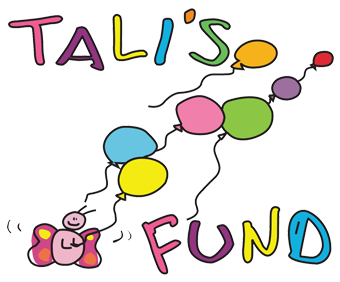Rare paediatric tumours known as atypical teratoid rhabdoid tumours (ATRTs) have historically been considered incurable.
Tali’s Fund has helped to support a massive study that was published this week on the cover of the journal Cancer Cell. A SickKids publication discusses this study and the promising developments that are changing treatment for ATRT. Below are some excerpts from Science Show & Tell: Study uncovers three subgroups of rare children’s brain cancer:
“While considered a black box to researchers and clinicians, ATRTs are among the most common malignant brain tumours in children less than three years of age. Patients are typically treated with a combination of chemotherapy and radiation, and survival rates are low.”
“…Huang and her team not only found there are three distinct molecular subtypes of ATRTs but also identified promising new therapeutics for patients.”
“…This study uncovered promising drugs that can be incorporated into that treatment of ATRTs, and hopefully replace or reduce doses of harsh conventional drugs. These drugs are not a magic bullet but a new tool in our toolbox that can potentially help lessen treatment side effects, improve survival and make a difference in the lives of patients diagnosed with ATRTs.”
“…For this study alone, we collaborated with colleagues from close to 40 countries from around the world to amass over 200 of these rare tumours, which we only see two to four times a year at SickKids. For this work, Jonathan Torchia, a PhD student in my lab and the first author on the paper, was recently awarded the prestigious 2016 Schweisguth Prize. Without the help of our patient families and global colleagues, this study would have never have happened.”
For more information, please see http://www.sickkids.ca/AboutSickKids/Newsroom/Past-News/2016/Science-Show-Tell-Study-uncovers-subgroups-rare-atrt-children-brain-cancer.html
